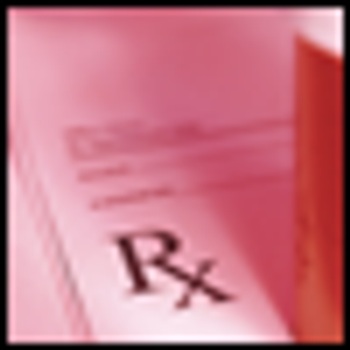From this book’s title, iBrain, I expected to learn about the positive impact of the computer world on the ever-evolving brain. I was in for a surprise. iBrain is a nuanced account of brain anatomy and function, brain plasticity, the impact-good and bad-of the Internet and Web access on the brain, and how to have a healthy brain and life in the face of our technological world. The book is written by psychiatrist-neuroscientist Gary Small, MD, director of the Memory and Aging Research Center at UCLA, and his wife, Gigi Vorgan, a film and television actor and writer. Small and Vorgan have a linear, easy-to-understand writing style that includes entertaining and educational case vignettes.

